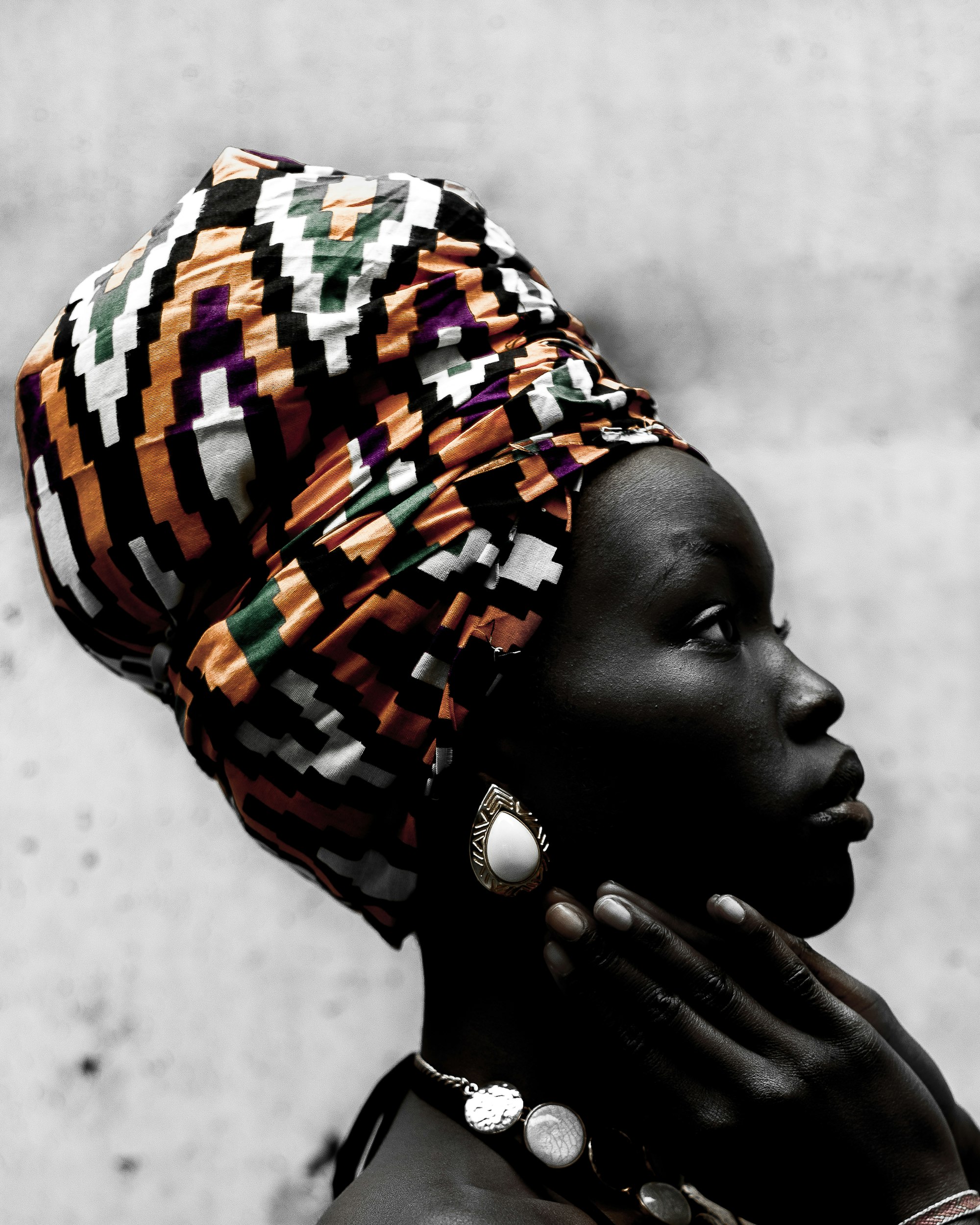
And we never will as long as we insist that her original inhabitants could not possibly have possessed superior skills of any kind.
How would you like it if the entire world conspired to rewrite your glorious history into a mass of insults and lies, and worked to perpetuate those lies so that nothing you ever did could disprove them?
This is what it's like to be a son or daughter of Africa.
I am not one of her daughters. But I was brought up by one, befriended a great many, and have committed myself to working against the great lie of Black ineptitude, ignorance and limited capacity. These rob the world of the great gifts that Africa offers by placing heavy layers of limitations on those who could, and are working hard to, do the world great good.
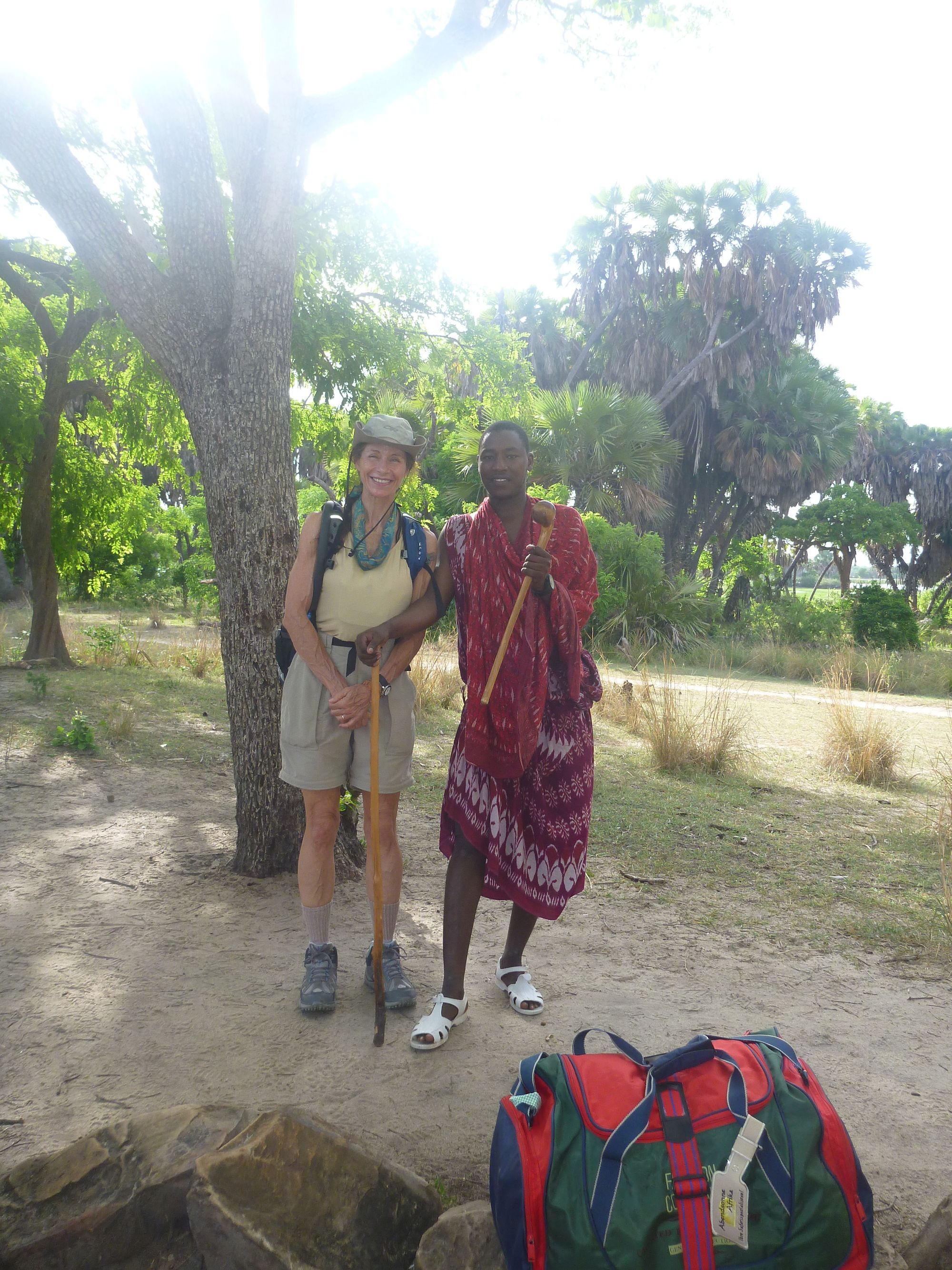
If you, like me, have been to Africa, even once, and if you've been paying attention, then you will understand why it's so frustrating that other people don't understand, appreciate or even want to know the rich cultural history of this extraordinary continent, so vast and varied that it boggles the mind. Yet White Patriarchy not only wiped out vibrant trade and rich cultures, European countries and America continue to do their best to rewrite history that is inconvenient -in other words, contrary- to their narrative.
The average person has only a minimal notion of Africa's extraordinary history of great kings, vast and rich trading empires, if that. Those histories argue strenuously against the narrative of helpless locals scrabbling to survive. To that please see:

From the article:
For sheer size, few states in African history can compare to the Songhai Empire. Formed in the 15th century from some of the former regions of the Mali Empire, this West African kingdom was larger than Western Europe and comprised parts of a dozen modern day nations. The empire enjoyed a period of prosperity thanks to vigorous trade policies and a sophisticated bureaucratic system that separated its vast holdings into different provinces, each ruled by its own governor. It reached its zenith in the early 16th century under the rule of the devout King Muhammad I Askia, who conquered new lands, forged an alliance with Egypt’s Muslim Caliph and established hundreds of Islamic schools in Timbuktu. While the Songhai Empire was once among the most powerful states in the world, it later crumbled in the late 1500s after a period of civil war and internal strife left it open to an invasion by the Sultan of Morocco. (author bolded)
These achievements are not the work of substandard intellects. But you and I don't hear these stories, we read and hear what is handed us as the history of Africa, which "belonged" to those White folks who planted a flag on the beach in the name of some invisible Man in the Sky.
Far too many African Americans are as woefully uninformed and unfamiliar with the land of their heritage as White folks. Part of that is the very careful and determined cultivation of stories of poor ignorant savages, woefully unprepared to care for themselves (centuries of doing just that notwithstanding) and desperately in need of a savior.
A savior, who, of course, handily for White folks looking to take things over, happens to be White. With a Bible, which, if carefully interpreted, can convince said locals that they are indeed inferior, which is precisely what led to Apartheid. Please see this thoughtful piece on the topic by Elelwani B Farisani, Department of Biblical and Ancient Studies, University of South Africa, Pretoria, South Africa.
The below article reveals a great deal of the White man's self-created justification- which continues to this day all over the world-based on the "savage nature" of the poor African, who couldn't possibly know his own backwardness.
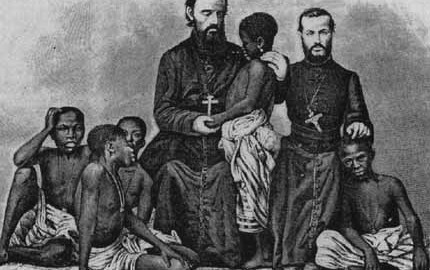
From the article:
The idea of the White Man’s Burden was to better (“seek another’s profit”) an ostensibly backward people (anyone who was not white). The lines following this initial declaration reveal the prevailing attitude in regards to how such a civilizing mission would proceed. Kipling bemoans that the African people will come “slowly to the light” and would lament their release from “bondage.” In essence, Kipling believed that these non-white racial groups were so backward that they would be unable to comprehend the benefits of Europeanization. It was Kipling’s belief that Africans must be pulled toward the “light” in order to see the error of their, in his view, savage nature. (author bolded)
Kipling wasn't alone, and he still isn't alone. These prevailing views continue to inform not only our institutional racism (Black folks can't possibly be educated, they are inferior, etc) as well as our universal justification to take anything we want from any country we want, long as the inhabitants aren't White. The most inbred Appalachian White person (sorry, the current Congress is more apropos) with a two-digit IQ still believes himself superior to an African man with two master's degrees and a PhD to boot. Of course he does. These are some of the historical reasons for it. The theme still underscores our politics and our policies and our attitudes.
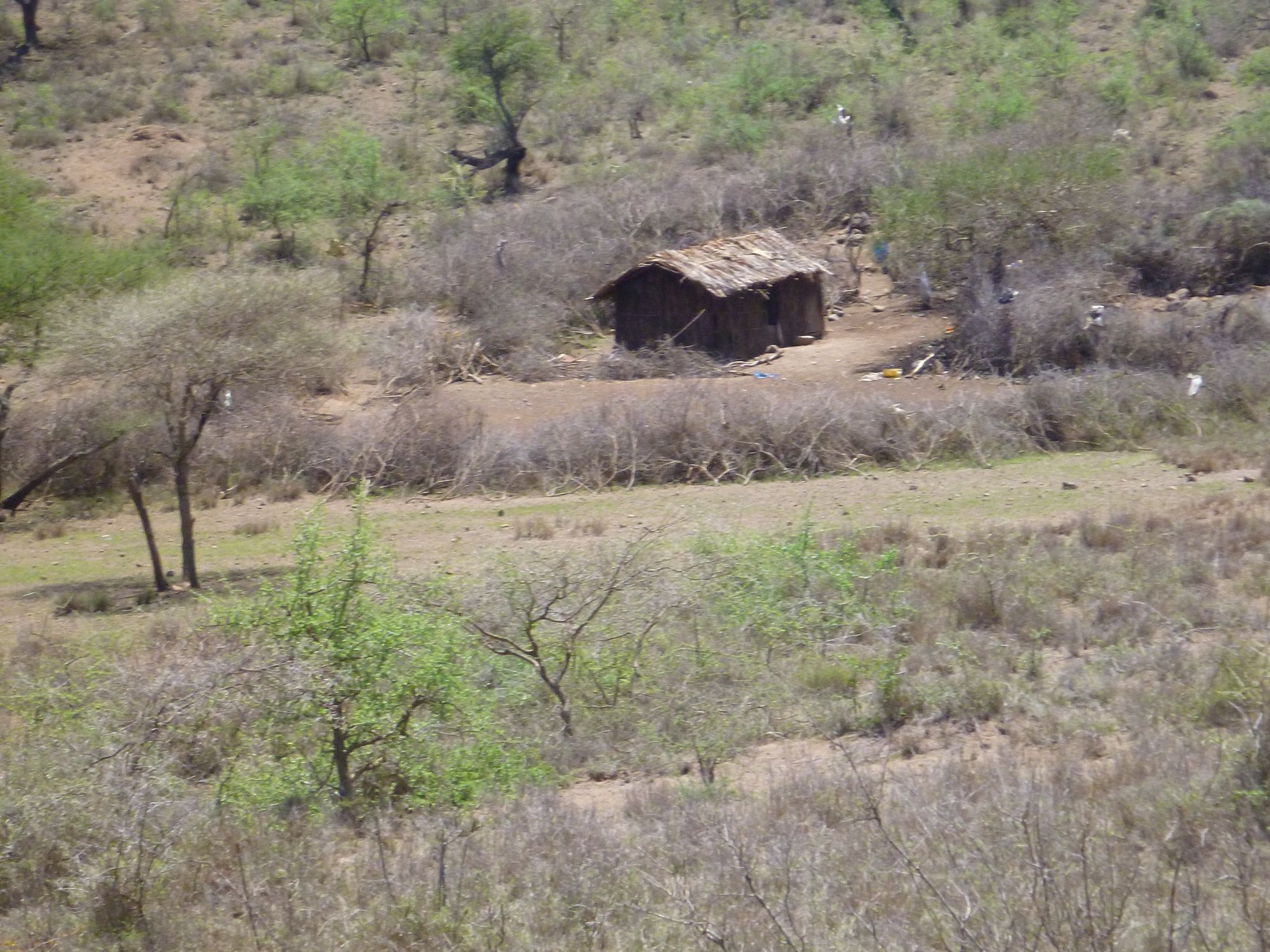
Every so often I see a Facebook or Linked IN meme showing what Hollywood depicts as Africa (mud hut, naked natives) vs the huge, vibrant cities full of well-educated workers with multiple degrees. NOT White folks. Kenyans, Ethiopians, you name it. Do the huts still exist?
Yes, in many places. Just as our own mud huts or the equivalent also exist in Appalachia and the Ozarks and other far-flung areas of American soil where education and development are scarce, and poverty is fierce.
This is modern Ethiopia, Addis Abbaba, not far from where I stayed late 2019:

Naysayers will argue that nothing in Africa was built by Africans. Nor will they acknowledge the vibrant, profitable trading centers, routes and ports of Africa before the Europeans came and pilfered, stole, enslaved and took over all the riches, and rewrote the history to serve the Church.
ALWAYS to serve the greed of the Church.
The long-held belief that Africa is now and always was/will be a backward continent continues to be the dominant narrative, which a great many otherwise educated people work very hard to maintain by using insane alien theories and the like to explain some of the world's greatest work, all done by Africans.
To that:
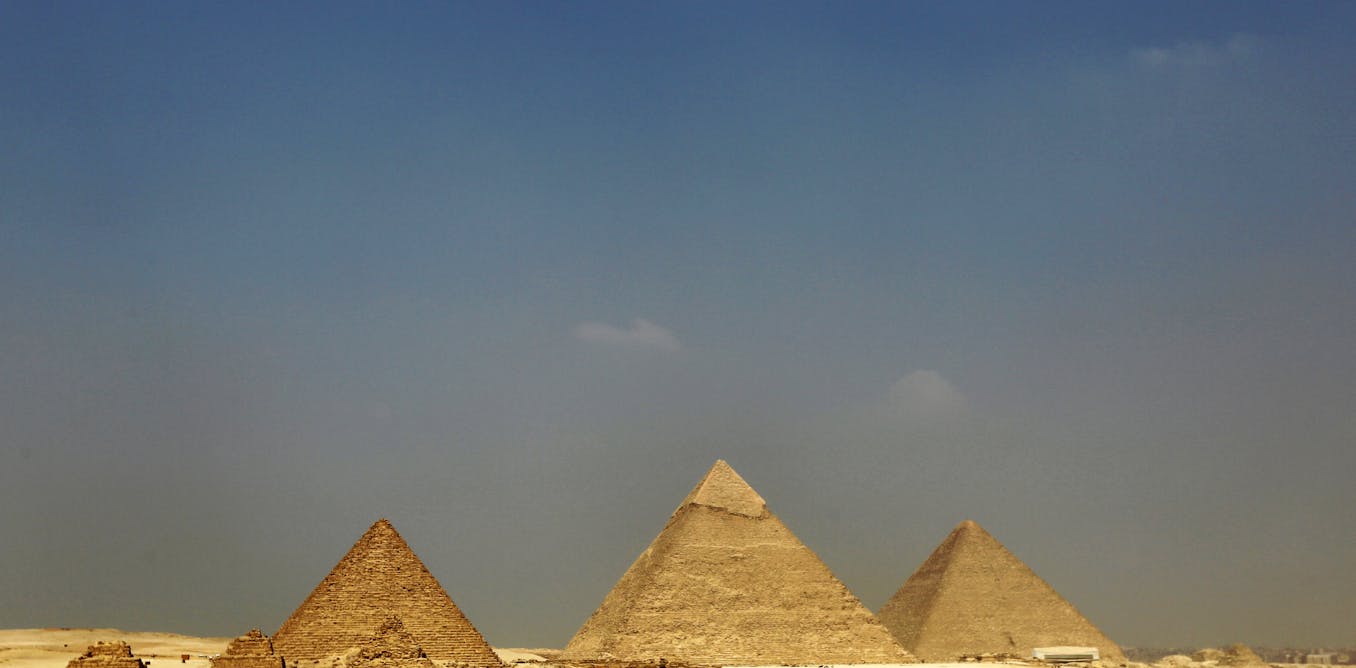
From Benoit's article:
A series of stone circles in South Africa’s Mpumalanga province provides an excellent example of the other problem with pseudo-archaeologists. Some people genuinely believe that these structures were designed by aliens. They scoff at scientific research that proves the stone circles were made by the Koni people using ropes, sticks and wood. They will not even entertain the notion that ancient African tribes could be responsible.
But the same people have no problem believing that medieval Europeans built the continent’s magnificent cathedrals using only ropes, sticks and wood. They dismiss scientific research that overwhelmingly proves ancient Africans’ prowess, but insist the documents which contain evidence of Europeans’ construction processes are beyond reproach.
One has to ask what kind of institutional terror drives only this denial of reality and factual proof, but the absolute, overwhelming need to disprove any and all evidence that Black folk could possibly possess any kind of intelligence, drive, ability to self-govern.
Which of course is why so many exceedingly competent African Americans in the United States- anywhere in the world, really- fight the immovable belief that Africa, and by association anyone with roots in African nations- remain one step away from Stone Age existence.
This is Nairobi:

The Africa I know is made up of brilliant, well-educated, determined people who are rebuilding their country and rewriting the long-standing lies that have worked so long against their self-determination. Men and women with advanced degrees and the kind of visions which have begun to stitch together conservation, resource management, education and opportunities, while also straining to retain their African hertiage, the animals and land which make the place so full of treasure for tourists, but also a land which can fundamentally redefine its place in the world.
Not full of "shithole countries," as disgraced Trump put it, but full of extraordinary people, resources, sights and experiences.
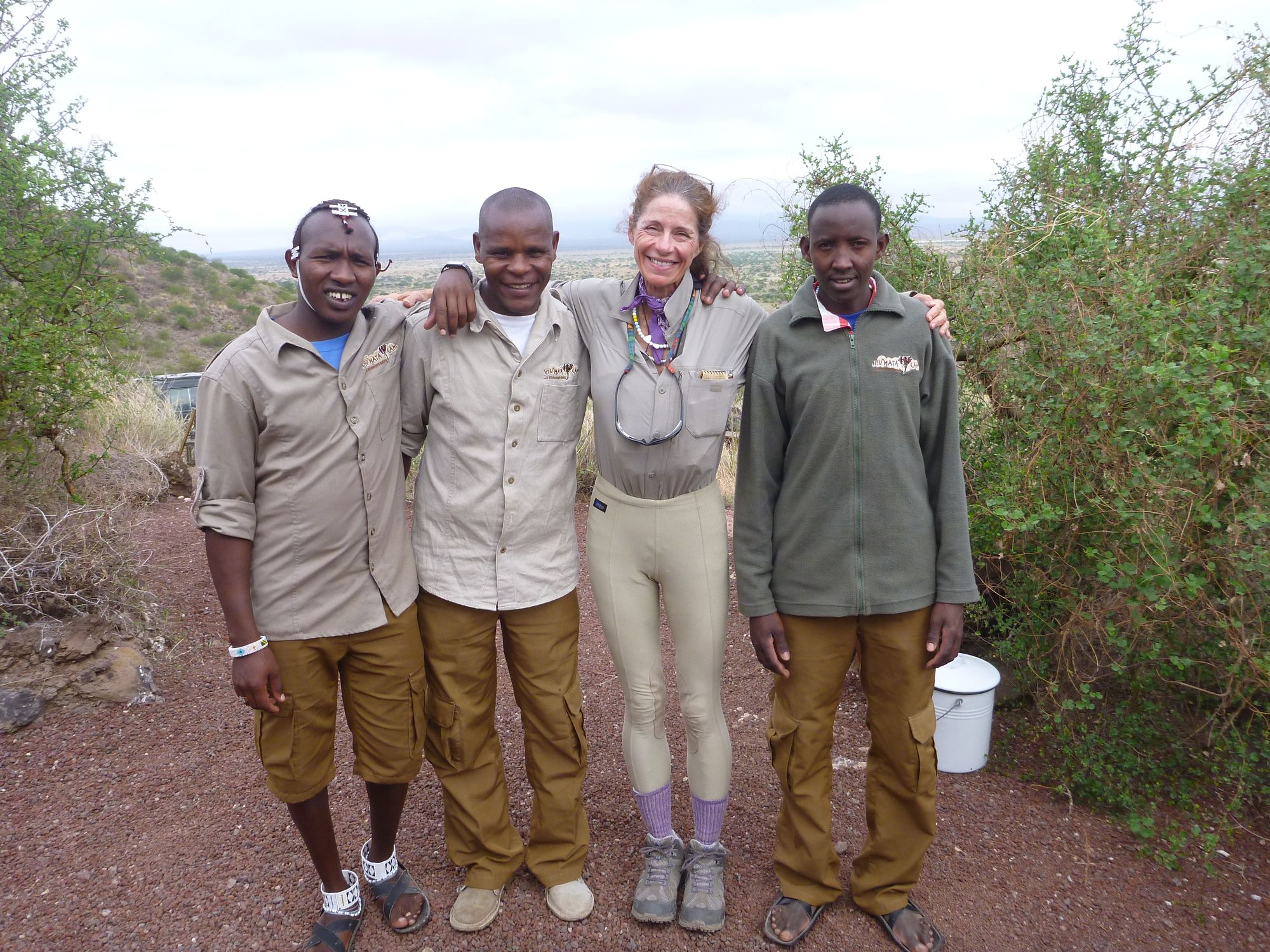
I have traveled with tribespeople, herding Maasai, Meru, various tribal members of many countries. They are no less bright or interesting than their educated brethren in the same way that indigenous peoples- those who are left, that is- are part of the immense tapestry of the American landscape. I daresay they are more interesting in many ways, using their knowledge of the land, animals, herbal remedies and survival techniques in a brutally difficult place to not only live, but thrive, for millennia, long before Europeans landed with their tiny pieces of fluttering colorful cloth to proclaim themselves morally superior.
There are some excellent retellings of what Africa was subjected to when explorers leaked word of what might be plundered. Here is one excellent source which exposes the real history of King Leopold.
Leopold was just one of many who saw his own personal wealth and gain, as did the Church(es) Catholic and Protestant, who cared little for souls and much for financial power. This thoughtful paper explores the impact of colonialism and the slave trade by those powers, both of which obliterated not only the sophistication of the countries before colonials arrived, but completely undermined the healthy economies. As victors write their own versions of history, it's far easier to report to the world that all you found were groveling dirty natives with nothing to offer, and badly in need of the White Man to "fix" them.
It is a deep disservice to the sons and daughters of Africa all over the world that they have little understanding of their true heritage. African scholars have done an admirable job of revealing those greater truths, but those stories aren't widely taught, for those stories would offend the White Patriarchal story line.
Why? Because then, Black Pride, if you will, would be further justified. Africa was, and still is, magnificent. And it most certainly doesn't need to be "saved" by us. Rather it might need to be "saved" from us. My experiences of modern-day Africa with its vast lands, disappearing animals and all the challenges heaped upon it by climate change this continent largely didn't create, is that its people are exceptionally well-prepared to deal with her own challenges. Like everywhere else, she has civil wars, dictators, good operators and bad operators. Some, if not many, of those bad operators are aided and abetted, natch, by White folks using them to gain access to resources.
It's what we do to each other.
She doesn't need saving. She needs us to get out of the way so that she can make up for the lost time and terrible burdens that colonialism and slavery heaped onto her back.
Back to Benoit's article:
There is a risk that they (these crazy alien theories) will drown out quality knowledge and science with their colourful, outlandish theories. When such bizarre theories emerge, it can water down people’s understanding and appreciation of Africa’s architectural and cultural heritage.
At the same time, these theories can prevent awareness about Africa’s rich heritage from developing. The heirs of the real builders may never learn about their ancestors’ remarkable achievements.
Scientists have a crucial role to play in turning the tide on such harmful theories. Those of us who are doing ongoing research around the continent’s architectural and fossil record should be sharing our findings in a way that engages ordinary people.
We must show them just how awe-inspiring structures like Great Zimbabwe, Meroe and the Giza Pyramids are – not because they were created by some alien race, but because they are living proof of ancient societies’ ingenuity. (author bolded)

Africa was extraordinary long before White colonials got there. Proof of that challenges White Supremacy theories, which are just as insane as arguing that aliens HAD to have built the very monuments Africans put together, without anyone else's help. The problem is that to accept such incontrovertible proof of Black Excellence is to force the lie into the open, successfully undermining deeply entrenched racist structures based on those lies, and force the world to admit it was, simply, wrong.
For my part, as I plan to return to Africa for the eighth time this year, I can't wait to go back. For what I learn when I am immersed in the tribal cultures of this country is a great deal of what they have to teach us. Don't think so?
Here's my favorite reason why I think we have more to learn about civilized behavior from the African continent than we have to teach it:
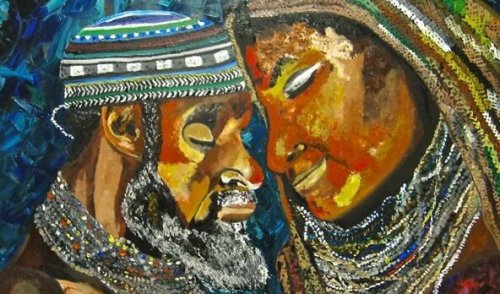
From the article:
When someone from the Zulu community commits an inappropriate or offensive act, their presence is required in the center of the village. Their neighbors, friends, and family make a circle around them. For two days, they go to the person and greet them by saying “Sapubon”. They start reminding them of their good deeds, virtues, successes, and great qualities.
Given our overwhelming propensity to find fault, attack without cause, eviscerate each other on line, to say nothing of killing in the name of Christ, I would simply argue that many tribal customs are considerably more civilized than we are, as we descend into the hell of hatred, and forget what communities consist of and what they can do to heal us all.
We begin to heal the damage White society inflicted upon the continent of Africa when more people - and this means more than just students with African heritage or connections- commit to educating themselves about the true history of this remarkable place. When we as a White society admit that first, we were wrong, and second, that we must unspool the lies that have long allowed colonialists to raid, rape and redirect African wealth, including its people, to their own purposes, we might begin to heal racism.
We have a long way to go. But with respect, African peoples preceded all of the rest of us. And I suspect they will also outlive us as well. For my part, that isn't such a bad thing at all.

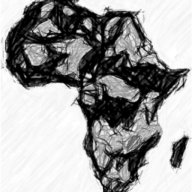


Comments powered by Talkyard.